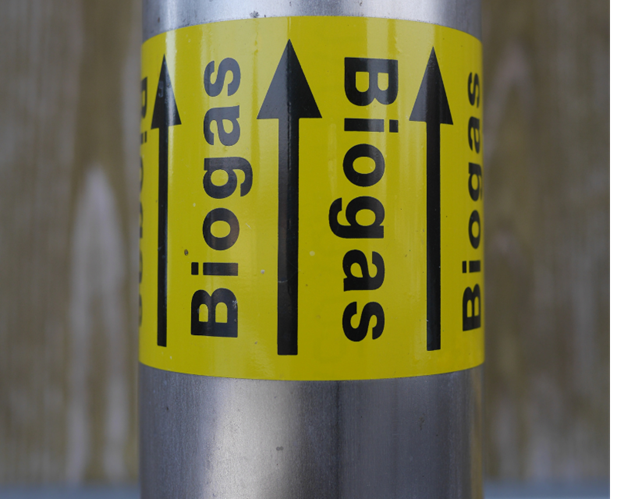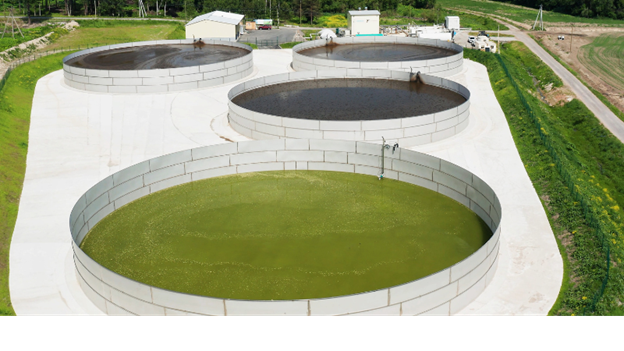Expert Witness – Biogas
What is Biogas?
Biogas is a renewable energy source produced through the anaerobic digestion of organic materials, such as agricultural waste, manure, municipal waste, plant material, sewage, and food waste. The process involves microorganisms breaking down these materials in the absence of oxygen, resulting in the production of methane and carbon dioxide. Biogas can be used for heating, electricity generation, and as a vehicle fuel, contributing significantly to sustainable energy solutions.
Industrial Applications of Biogas
Biogas is used in various industries for its energy and environmental benefits. In the agricultural sector, biogas plants process livestock manure and crop residues, providing a sustainable way to manage waste while generating energy. Wastewater treatment facilities use biogas technology to treat sewage sludge, reducing waste volumes and producing renewable energy. Municipal solid waste management systems employ biogas production to process organic waste, diverting it from landfills and generating electricity or heat. Additionally, biogas is used in the food and beverage industry to manage organic waste streams, reducing disposal costs and creating energy.
Qualifications of a Biogas Expert
A biogas expert should have a strong background in environmental engineering, renewable energy, or related fields, with advanced degrees such as a Master’s or Ph.D. being particularly advantageous. Experience in designing, operating, and optimizing biogas plants is essential. The expert should have comprehensive knowledge of anaerobic digestion processes, biogas production, and waste management practices. Publications in peer-reviewed journals, involvement in industry projects, and familiarity with regulatory standards further establish the expert’s credibility. Understanding environmental impact assessments and lifecycle analysis is also critical.
Common Legal Issues Involving Biogas
Legal disputes surrounding biogas often arise from environmental compliance, operational issues, and contractual disagreements. Environmental lawsuits may be filed if biogas production processes release pollutants or fail to meet regulatory standards. Operational failures, such as inadequate biogas production or equipment malfunctions, can lead to damages and lost revenue lawsuits. Contractual disputes may involve disagreements over system performance, maintenance responsibilities, and delivery timelines. Additionally, intellectual property conflicts can occur concerning proprietary biogas technologies and processes.
The Role of an Expert Witness in Biogas Cases
An expert witness in biogas provides crucial insights and objective analysis in legal cases. They can assess the environmental compliance of biogas systems, ensure compliance with regulations, and evaluate the environmental impact. In cases of operational failure, the expert can analyze the design, operation, and maintenance practices of biogas plants to determine the cause of issues. For contractual disputes, the expert can review technical documents and performance data to offer opinions on compliance with contractual terms. Their testimony can elucidate complex technical details and industry standards, helping the court make informed decisions.
About LEC Partners (formerly Lee Enterprises Consulting)
LEC Partners was founded in 1995 and currently has over 180 experts worldwide. These working experts are renowned, hand-selected leaders, with over 97% holding advanced degrees and averaging over 30 years in their respective fields.
Have some questions?
Not sure where to start?
Let's start a conversation. We're here to help you navigate
the bioeconomy with confidence.

